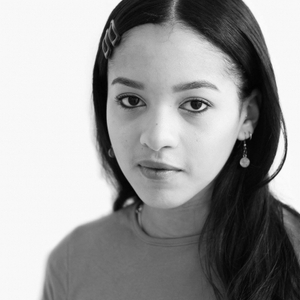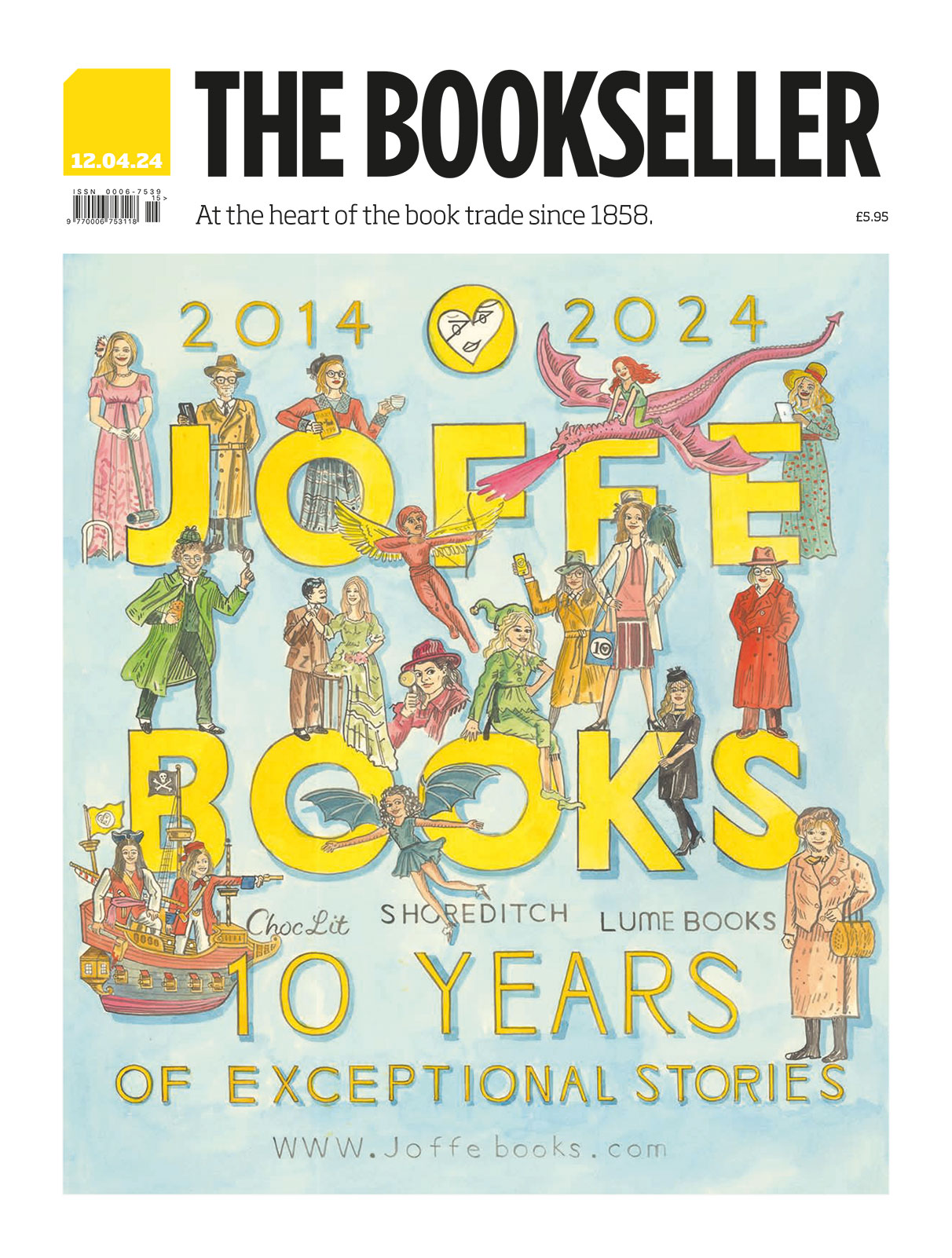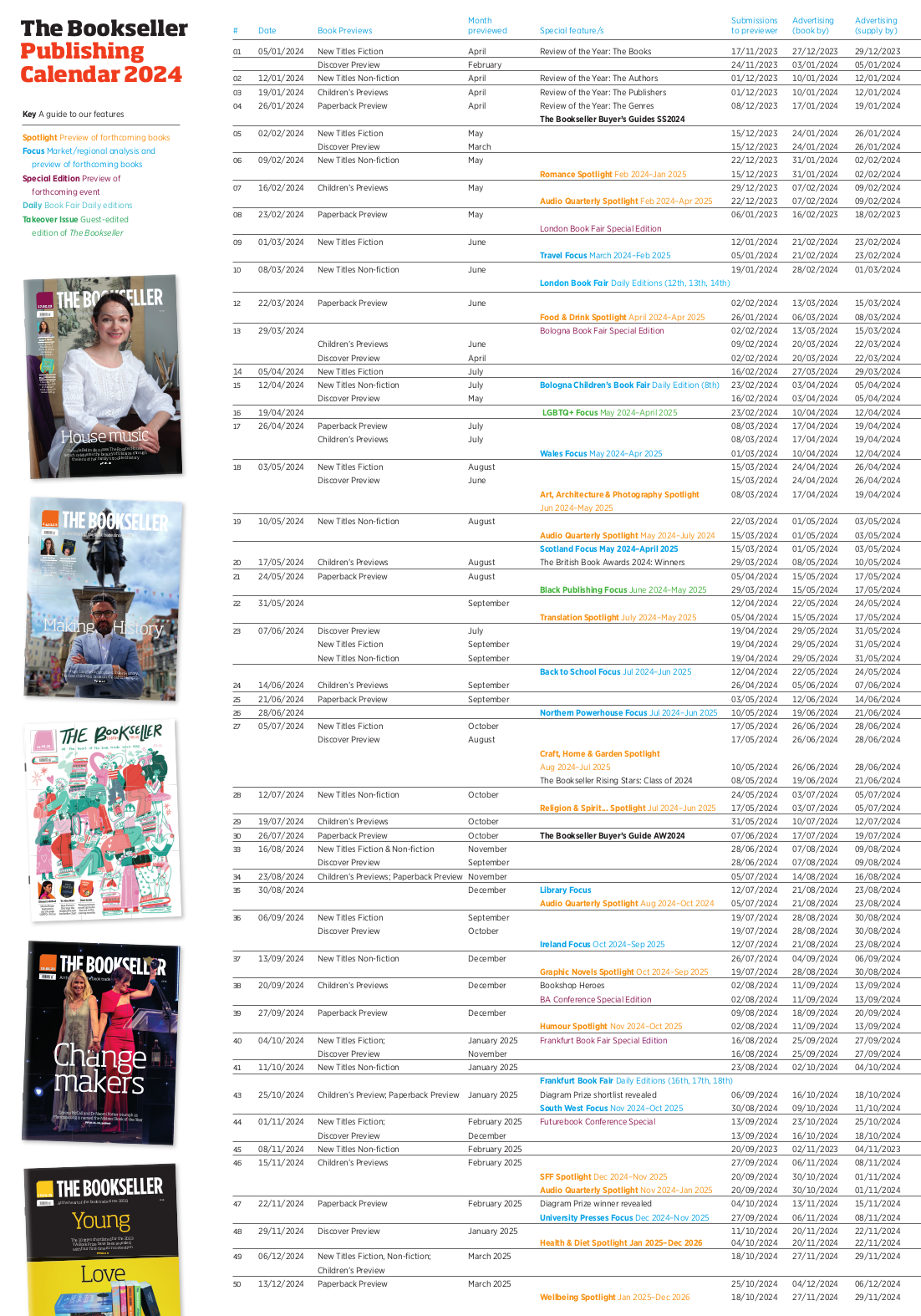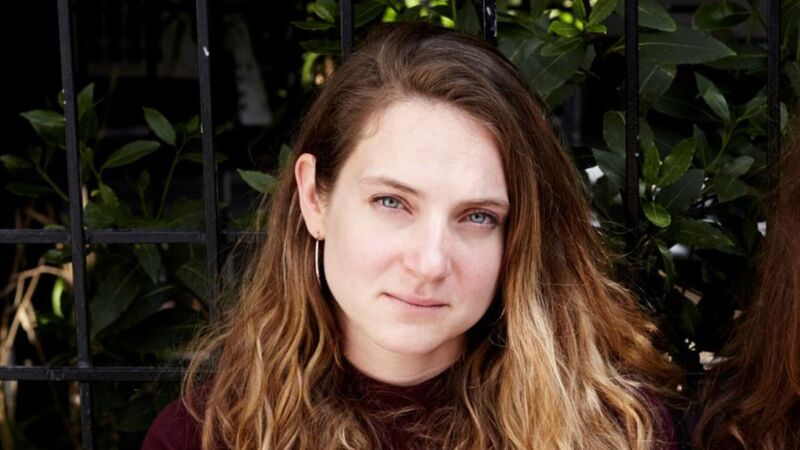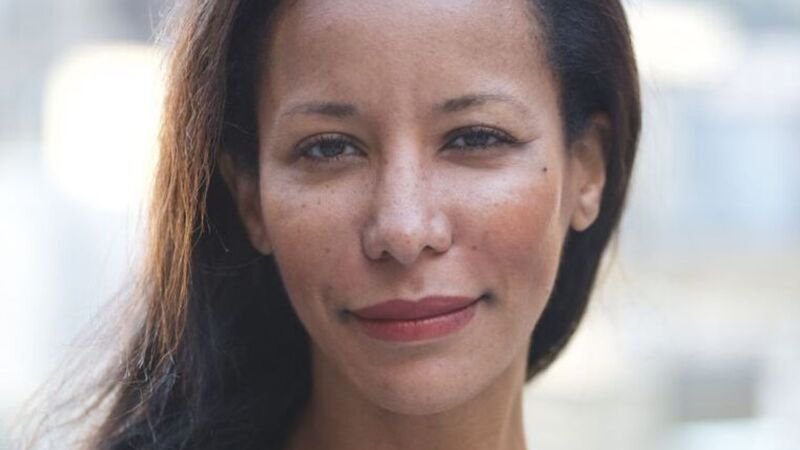All I want for Christmas is the death of lazy 'diversity' language
In light of last week’s Penguin ethnicity pay gap report, their first-ever following in the footsteps of Hachette’s 2019 iteration, it seems like the perfect moment to reconsider the publishing industry’s approach to those vague, catch-all acronyms and terms that are so often used interchangeably: BAME, BIPOC, POC, ethnicity, diversity, and the like.
Penguin’s report has opened our eyes to a painful truth that Hachette’s, perhaps unwittingly, brushed over. In spite of the pernicious politics of what some have termed the Oppression Olympics, there are significant experiential differences within the “diverse” ethnic camp. While last’s week headlines were quick to call a 16% ethnicity pay gap and leave it there, the picture is not so simple. While the Black British pay gap reaches up to 30.5%, the Asian or Asian British can be as much (or, in this case, as little) as -15.5%. BAME is a dubious grouping that, in the fashion of that Gandhi-derived “West vs. Rest” quip, seems to mean little more than not white: it is only useful to white people. In the words of the report, “it’s crucial we don’t lose sight of … differences by homogenesing … experience[s]”.
Indeed, these terms – in creating an atmosphere of cultural conflation – make it easier for the industry to often piggyback on the work of inclusivity-led literary activism. This summer, LL McKinney’s #PublishingPaidMe campaign aimed at Black authors was quickly co-opted into an industry-wide push for #BookTransparency, drawing attention away from the shocking racialised pay gaps the industry would do well to keep mind in this renewed push to source diverse authors. In these recent ethnicity pay gap reports, the successes of in-company BAME groups like THRIVE Hachette are passed off as company successes. These are, really, inditing examples of an unwelcoming company culture where so-called BAME employees end up sighing in exasperation, rolling up their sleeves, and doing the inclusivity work themselves. What big five publisher did bring us this season was an overhyped BAME traineeship scheme that created a lot of buzz for a grand total of two more non-white entry-level employees.
At the risk of sounding blunt, one should think a whole summer of feeds featuring everything from Black-this to Black-that would be sufficiently indicative of the fact that BAME/POC/diversity is not synonymous to – or commensurate with – the community-rooted names people regularly self-identify with. This #BLM summer brought us #publishingpaidme, #BlackBestseller, the all-Black reading list, the (Black) British Book Awards, and yet another first of its kind: the “Rethinking ‘Diversity’ in Publishing” report. The report brought to light the many practical fallbacks that come with publishing inclusively, including racialised comping practices and culturally insensitive cover design. But one fallback the report fails to address is, interestingly enough, hinted at by the airquoted diversity tag in the title itself. While the problematic implications of that term “diversity” have been debated to death, particularly by the groups it claims to represent, it was this #BLM summer that has, in its characteristic move, revealed the true extent of it all.
In line with the staggering sales of Ibram X Kendi’s lucid How To Be an Anti-Racist, noughties claims of “I can’t be racist, I’m [insert non-white group]” have seemingly been replaced with a belated understanding that anti-Blackness is prevalent in all communities. Yet all too often we scrolled across well-meaning people using PoC when they mean Black; racism when they mean anti-Blackness. As the vengeful child of that late twentieth century’s identifier “political blackness” and the climate of strategic essentialism its legacy left behind, the industry current approach to diversity is – by its very nature – rooted in generality and therefore cultural ignorance. Little is more telling than the fact that acronyms like BAME are almost exclusively used in white spaces, making it easy to gauge whose interests they favor.
NetGalley has – nestled among sections as specific as memoir, sci fi, and politics – a section that is laughably titled Multicultural Interest, a label that tells us almost nothing about the titles we might find in this so-called genre except that they are not – fingers crossed – by a white author. We are all too familiar with the hastily put together “diversity” table that sits narrative poetry beside a series of measured non-fiction essays on anti-racism without batting an eye. This summer’s iteration was the all-Black reading list where every semi-successful Black title past and present became educational tools for white anti-racist practice in what we might term a kind of non-fictionalising effect.
In her recent Cheltenham Literary Festival talk, Otegha Uwagba criticises how this #BLM summer brought with it a white tendency to philosophise, intellectualise, and debate anti-racist practice at the expensive of taking actionable, and perhaps less grandiose, steps towards living it. This approach turns these issues into a curiosity, or in NetGalley speak, a multicultural passing interest: a no-strings attached glimpse into what life is like for others that takes everything we write at face value, a one-dimensional record of the struggle.
Fortunately, we are seeing early signs of the genre classification tide slowly turning to reveal an army of authors of colour writing crime, romance, fantasy: single-handedly chipping away at the longstanding perception that we must write anti-racism, non-fiction or, failing that, literary (at most historical) fiction with a healthy spoonful of trauma. Noteworthy pioneers include Talia Hibbert’s The Brown Series romance series and Oyinkan Braithwaite’s Nibbies-winning My Sister the Serial Killer, a timely reminder of Africa’s long tradition of excellent crime fiction.
This past summer, companies were throwing around the phrase “dismantling racism” as if were a house of cards ready to collapse under the weight of a few diversity reports and multiracial adverts. Perhaps we should temper the trumpeting of diversity-led goals with taking the time to humbly understand what it might mean. Whilst we strive for an industry that reflects the ethnic makeup of its surroundings, we should also strive for specificity in how we talk about people that truly respects the diversity of our world.
This looks like creating the space for people to have the first, last, and every word on the issues that they are best placed to speak on; like listening to them and learning that there is difference within difference; like using specific identifiers where possible and relegating acronyms BAME to a last resort; and ultimately like resisting the need to taxonomise, and in the process mangle, the rest of the industry to fashion a haphazard fit around a white core. That is why I set up bigblackbooks, the brand new online platform and publication for Black readers, writers, authors, and publishers. We spotlight a new genre every month and publish bi-annual issues that put emerging writers in conversation with the big voices. At bigblackbooks, we are the centre.
Jane Link is a master’s student, aspiring publisher, and editor-in-chief of bigblackbooks. She can be found at @verybookishjane.
